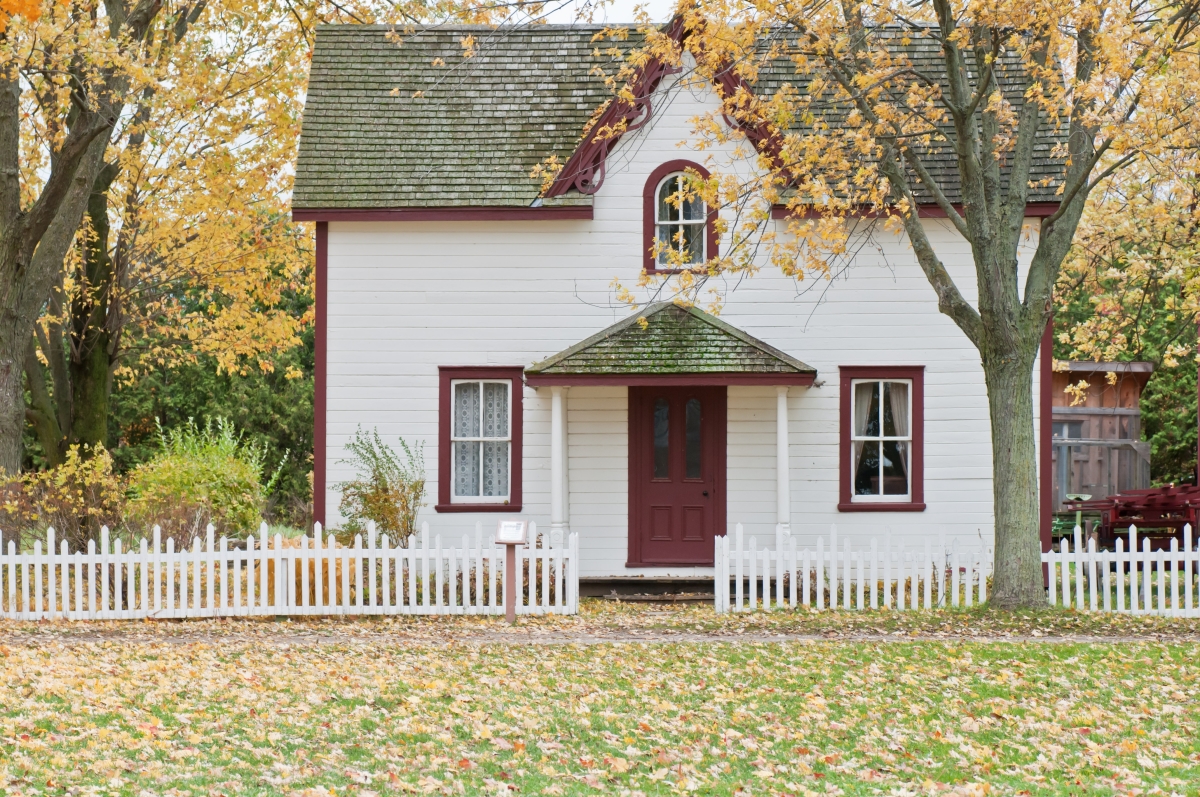
The topic of selling the home that you raised a family in is inevitably one that comes up at your monthly euchre party. There are many different aspects to consider when evaluating the possibility of selling your home and purchasing something more conducive to your current lifestyle needs.
There has always been a premium for new versus existing housing. Housing stock depreciates over time, with an aging roof and HVAC system needing replacement. Style trends change, so a kitchen that is more than eight years old is less attractive to a buyer than a new one, or, better yet, one that you can design and build new.
Will housing costs fall, and what has led to the surge in housing prices? To understand this, one needs to go back to the early 2000s. Some famous prognosticators assumed that Baby Boomers would sell their homes, creating inventory for others to purchase.
Around 2007, two things occurred. First, the financial crisis burnt many homebuilders and put several mortgage lenders out of business. Second, the prognosticators opined that Millennials wouldn’t want to live in a traditional single family home in the suburbs but would instead prefer to live in urban settings with a vibrant nightlife. As time went on, developers remained cautious, lending practices were tighter, and Millennials got tired of staying out until 2 a.m. and decided instead to start a family and move to the suburbs.
Perhaps the most important factor of all is that the Millennial generation is slightly larger than the Baby Boomer generation1. Even if every Baby Boomer moved on to greener pastures, there still wouldn’t be enough housing to go around. This is why housing is expensive and is likely to stay that way.
Baby Boomers find themselves in the position of living in—and probably owning outright—a home that is worth oodles more than they paid for it. But the new housing coming down the pike is also expensive, and if it’s brand new, there is a premium to be paid.
So, what to do, and what not to do? If you own your home outright, remodeling may make sense. You can access the equity using a home equity line of credit. Yes, rates on these are north of 8%, but because these are variable, the rate is likely to go down within the next couple of years, something that doesn’t happen for those buying a new home on a 30-year fixed mortgage (while refinancing would be an option, subject to closing costs). You could also use cash if you have it. A word of caution: it may be hard to find a contractor, so start the process early.
Renting is also an option. Especially if you enjoy traveling, let the landlord deal with the maintenance while you travel the globe. In my estimation, renting is more favorable to buying for 5-7 years or less. This can buy you time while you decide where you want to end up geographically.
What you probably don’t want to do is chase your grandkids around the county. Unless your children and their spouses have firm roots somewhere, you don’t want to purchase a home only to find your son, daughter or in-laws got transferred to another state.
—–
[1] Millennials outnumbered Boomers in 2019 | Pew Research Center

